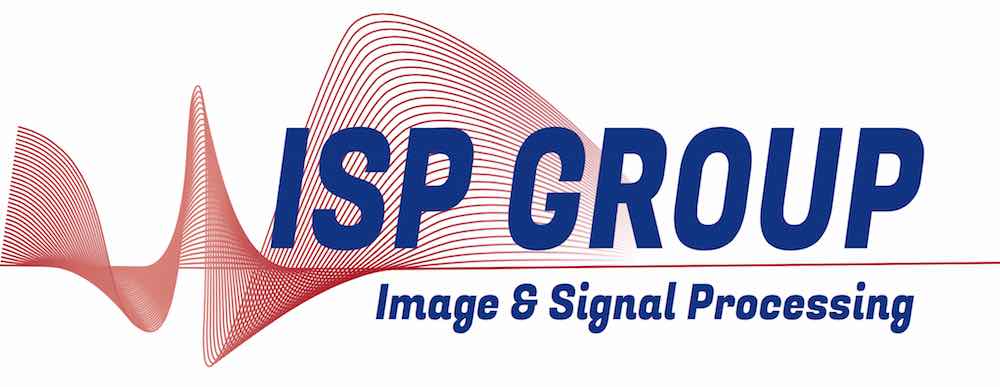Compressive Lensless Speckle Imaging
The lensless endoscope (LE) is a promising device to acquire _in vivo_ biological images at a cellular scale. In addition to its high resolution, the tiny size of the probe allows a deep exploration of the tissues. This research aims at exploring acquisition strategies inspired by the compressive sampling theory and relying on two key properties of the LE: (_i_) the ability to easily generate unstructured illumination patterns by randomly programming the spatial light modulator and (_ii_) the robustness of the fiber to spatial and temporal distortion allowing the use of fast galvanometer mirrors to shift light patterns.
